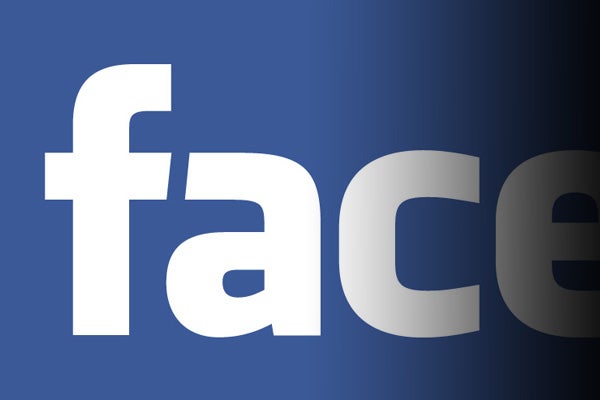The Facebook Phone is irrelevant, and Facebook knows it

The next Facebook phone is rumoured to launch on Thursday. Invites to an event taking place at Facebook HQ in California have been sent out, and a series of leaks suggest we’ll see Zuckerberg and co. show off a dedicated Facebook mobile.
The Turnaround
Those who follow tech avidly may say that this is Facebook doing a 180 on something Zuckerberg once denied would ever happen. In July 2012, Facebook head Mark Zuckerberg spoke out publicly to banish rumours of a phone made by the social network.
“We’re not going to build a phone… it’s not the right strategy for us,” he said. In the last twelve months, has the market really changed enough to merit a wrong strategy suddenly becoming right?
Hardly. If anything, this is a harsher environment than ever for a true Facebook phone to be launched – with BlackBerry and Microsoft having pushed significant marketing into pushing their BlackBerry 10 and Windows Phone 8 systems. And both have a significant interest in social networking.
What A Facebook Phone Really Is
Is Facebook about to make a dramatic mistake? Of course not.
The notion of the Facebook phone is largely a misnomer. As recent rumours have suggested, the phone we’re likely to see on Thursday is an HTC Android device.
It’s not likely to be a particularly impressive one at that. Leaked specs suggest the Facebook-leaning HTC Myst – also called the First – will have a 4.3-inch screen and a dual-core processor. Hardware-wise, it will be nothing to get excited about.
It is also nothing new. HTC has already released two Facebook phones, which the world quickly and quietly forget about. In 2011, HTC produced the HTC Salsa and HTC ChaCha. Unremarkable sales ensued.
They boasted the same “deep” Facebook integration that 2013’s Facebook phone will undoubtedly claim to have. But they were ultimately just standard Android phones with a Facebook button bunged on the front and a few custom software tweaks put in place.
The Definition of Madness?
The question is whether this 2013 Facebook phone will offer anything else – and if it will not, whether that really matters.
The most we should expect of the HTC Facebook phone is an Android device with a custom interface, or launcher as they’re generally called when applied post-purchase. Here’s the not-often-acknowledged truth about Android interfaces – anyone can make them, and you’ll find dozens of them in the Google Play app store.
A recent dissection of the HTC Myst’s software credentials suggests the new Facebook software will be something less than a full Facebook-centric interface, too. According to Android Police, the phone will run HTC Sense, HTC’s custom mobile phone interface, as well as taking on the new Facebook interface. The new Facebook software plays ball with other custom interfaces, rather than usurping them.
No Alarms and No Surprises
The vanilla core of the HTC Myst reveals that Facebook’s strategy hasn’t changed at all. Viewed through this prism, Zuckerberg’s words of July 2012 still ring true.
“When we think about what we want to do right now, we want to increase the depth of the experience in addition to just growing users. We want to not just have apps that people use but also be kind of deeply ingrained into the systems as possible.”
Facebook’s strategy is, and was, to insinuate itself further and further into the mobile experience. The point of the 2013 Facebook phone suddenly transforms from something that other phones are meant to fear into something they can incorporate. The Facebook phone is merely a demonstration platform – or, from another perspective a Trojan horse packed to the gills with little Facebook facehuggers.
A Launch of Distraction
The launch of hardware is important in that it will attract far more attention than the announcement of an update to the Facebook app. But if Facebook is to get the next stage in its mobile strategy right, what we’ll see on Thursday at the company’s launch event is a dynamic new way to interact with the social network on a mobile phone.
It’s about time for such a change too. The official Facebook app for Android has not changed all that significantly in years. It’s not down to laziness either – the weight of the demand for accessibility that comes with a service that comes with a userbase of hundreds of millions spread across almost every demographic is significant.
The low-mid-range specs of the upcoming Facebook phone suggest the social network isn’t looking to create a hardcore splinter mobile experience either. Quite what Facebook will offer us is up for debate, but the hardware is a red herring.
What would you like to see change in the Facebook mobile experience?


